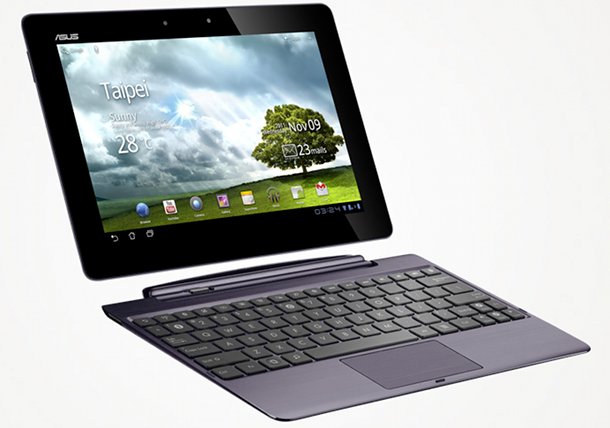Is 2012 set to be the year of quad-core mobiles?

Dual-core chips are so 2011...

The Asus Eee Pad Transformer Prime packs a quad-core mobile chipsetPhoto: Asus
The days of boasting about your dual-core mobile could be numbered: 2012 has been christened the year of the quad-core phone, according to Juniper Research.
Top-end mobile hardware landing next year will be packing quad-core chips, the analyst predicts.
Juniper said the chips not only offer a performance bump to mobile users - thanks to more efficient multitasking enabling devices to better handle multiple threads at once - but can also lead to improved battery life, since each core can run at a relatively low clock speed.
Gaming applications are likely to benefit most from quad-core chips, according to Juniper, with quad-core chips enabling developers to add more realistic effects to games and pushing mobile devices closer to the experienced offered by dedicated games consoles.
Javascript and Flash will also run faster on a quad-core device, the analyst said, allowing developers to create more graphics- and script-heavy apps and pages.
Other wireless predictions for 2012 from the analyst include mobile coupons to drive the m-commerce market, and that 2012 will see "high profile" malware attacks on mobile devices.
Most of the best-known smartphone OSes are ready for the advent of quad-core: Google's Android, Apple's iOS and RIM's BlackBerry Tablet OS (and BlackBerry 10) all support multicore CPUs. Microsoft's Windows Phone operating system does not currently support multicore chips but is expected to add support for dual-cores next year.
"If a software platform supports two cores, it should be able to support four. However, to get the most out of the software, the OS will need to be optimised for quad-core chipsets, which is why chip vendors work very closely with the platform providers," Nick Dillon, analyst at Ovum, told silicon.com.
Tablets vs smartphones
Taiwanese kit-maker Asus has already unveiled a quad-core tablet – the Asus Eee Pad Transformer Prime (pictured below) is powered by an Nvidia Tegra 3 chip. The Android tablet-cum-laptop which features a detachable Qwerty keyboard is not yet launched in the UK but is expected to hit these shores in January.
Chipmaker Qualcomm has also added a quad-core chip to its Snapdragon mobile chipset - telling silicon.com earlier this year that such 4x chipsets are first and foremost "a platform for tablets".
"At this point in time, quad-core implies a performance that we see first of all in the tablet segment, but the market for smartphones is evolving so rapidly that it is possible to predict that these [quad-core chips] will come to the smartphone later on," Enrico Salvatori, senior VP of Qualcomm Europe, told silicon.com back in April.
Quad-core mobiles and tablets may be about to hit the mainstream, but are users crying out for them? Ovum's Dillon is not convinced.
"The more important question is do we actually need [quad-core]? 1Ghz single core processors - two-year old technology - provide ample power for the majority of users and, outside of gaming, there aren't many applications which demand the power which quad-core processors deliver. It does seem, for the moment at least, that that processor power is overshooting demand," he said.